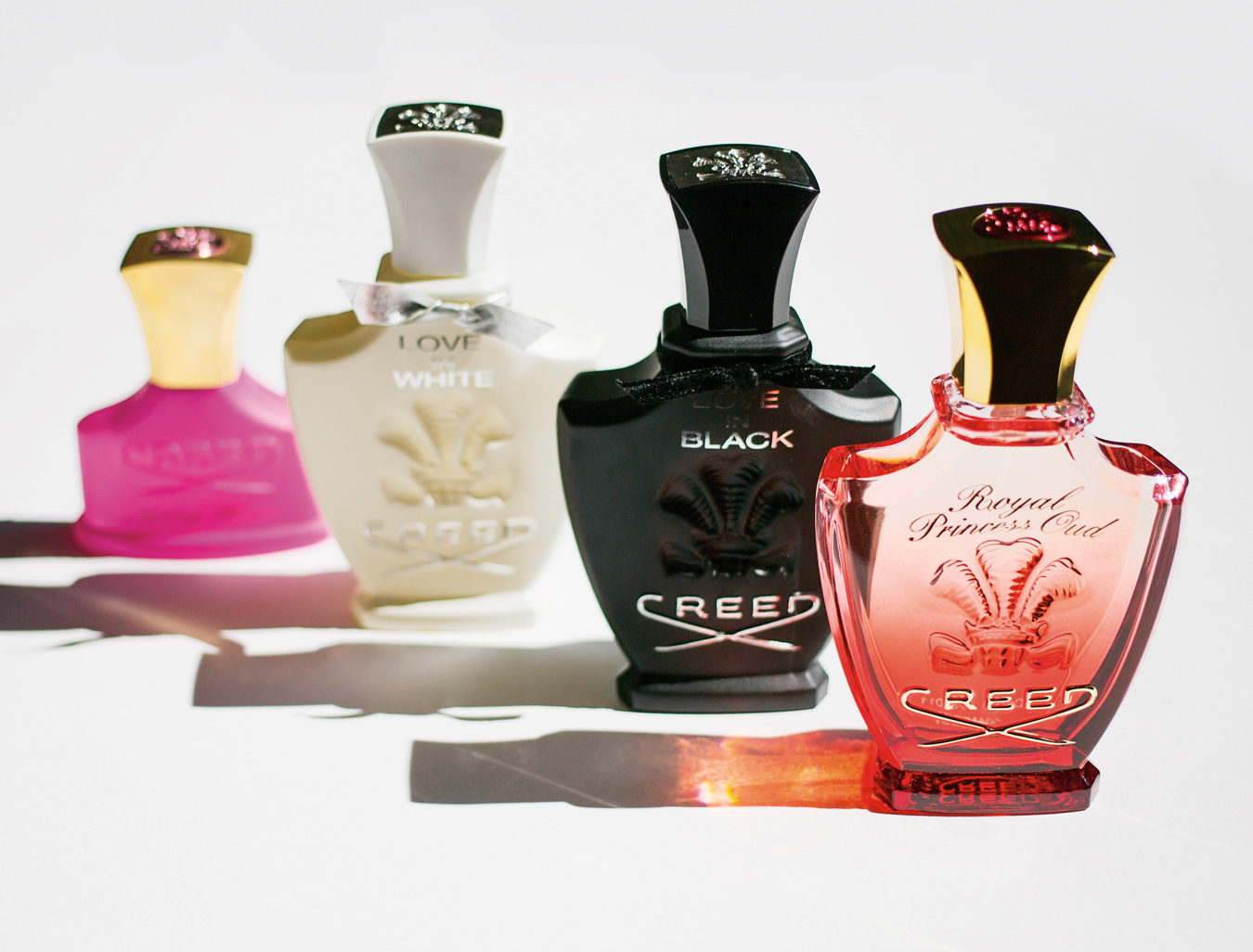The Beautiful Curiosities of Officine Universelle Buly 1803
The French apothecary that puts a modern spin on beauty formulas steeped in history.
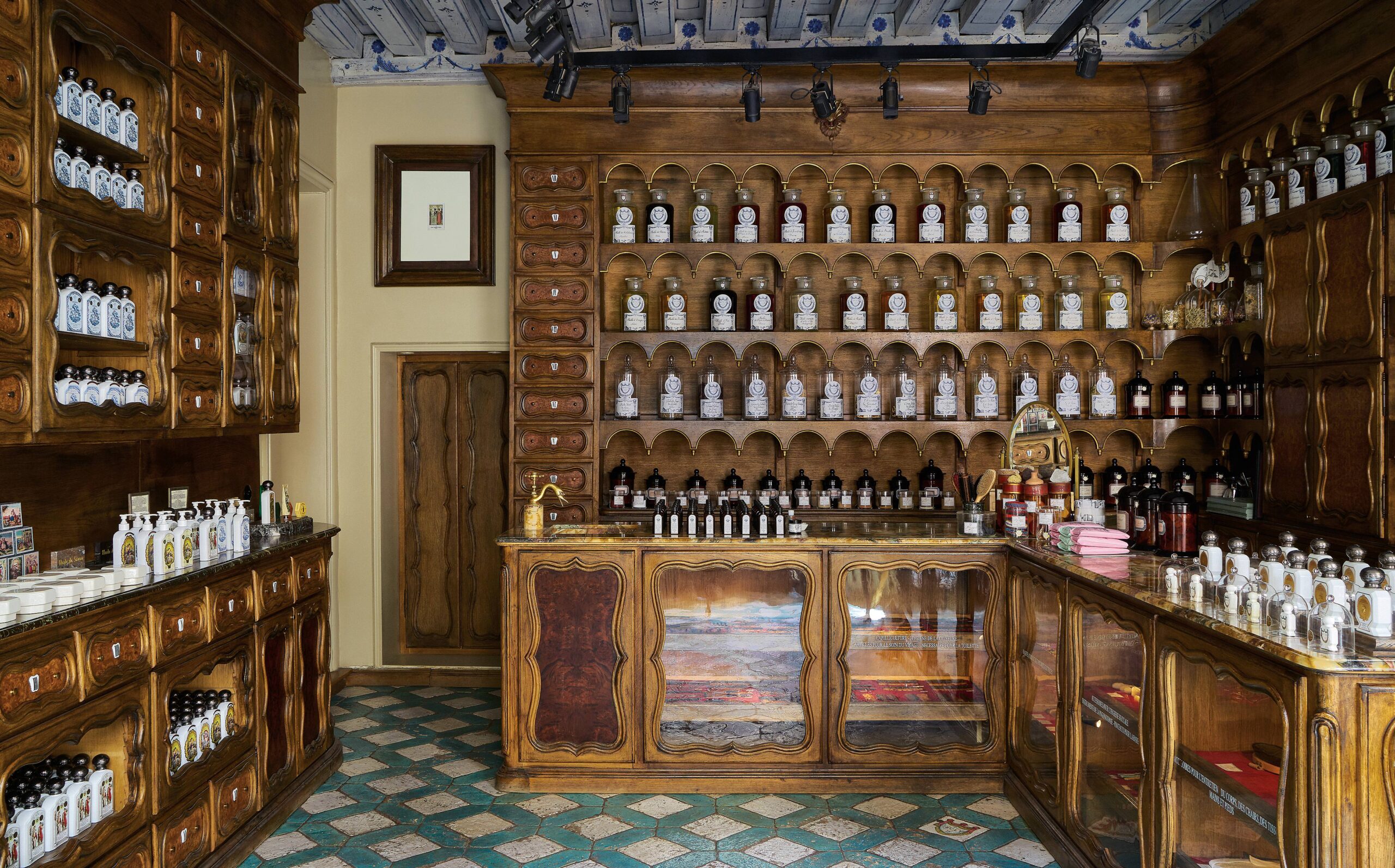
The interior of this Officine Buly 1803 boutique in the heart of Paris’ Saint-Germain-des-Prés allures with the historically inflected style the brand is known for.
These are boom times for beauty—the industry is growing rapidly and projected to reach $463.5 billion by 2027—yet the constant churn and conveyor-belt-like release of new products has created a culture of sameness. Many of the latest brands look, feel, and smell similar. Even the names on the packaging, printed in minimalist sans serif type, seem remarkably alike. This leaves one a bit bored by all the lotions, potions, and salves on the shelves because you’ve seen them all before.
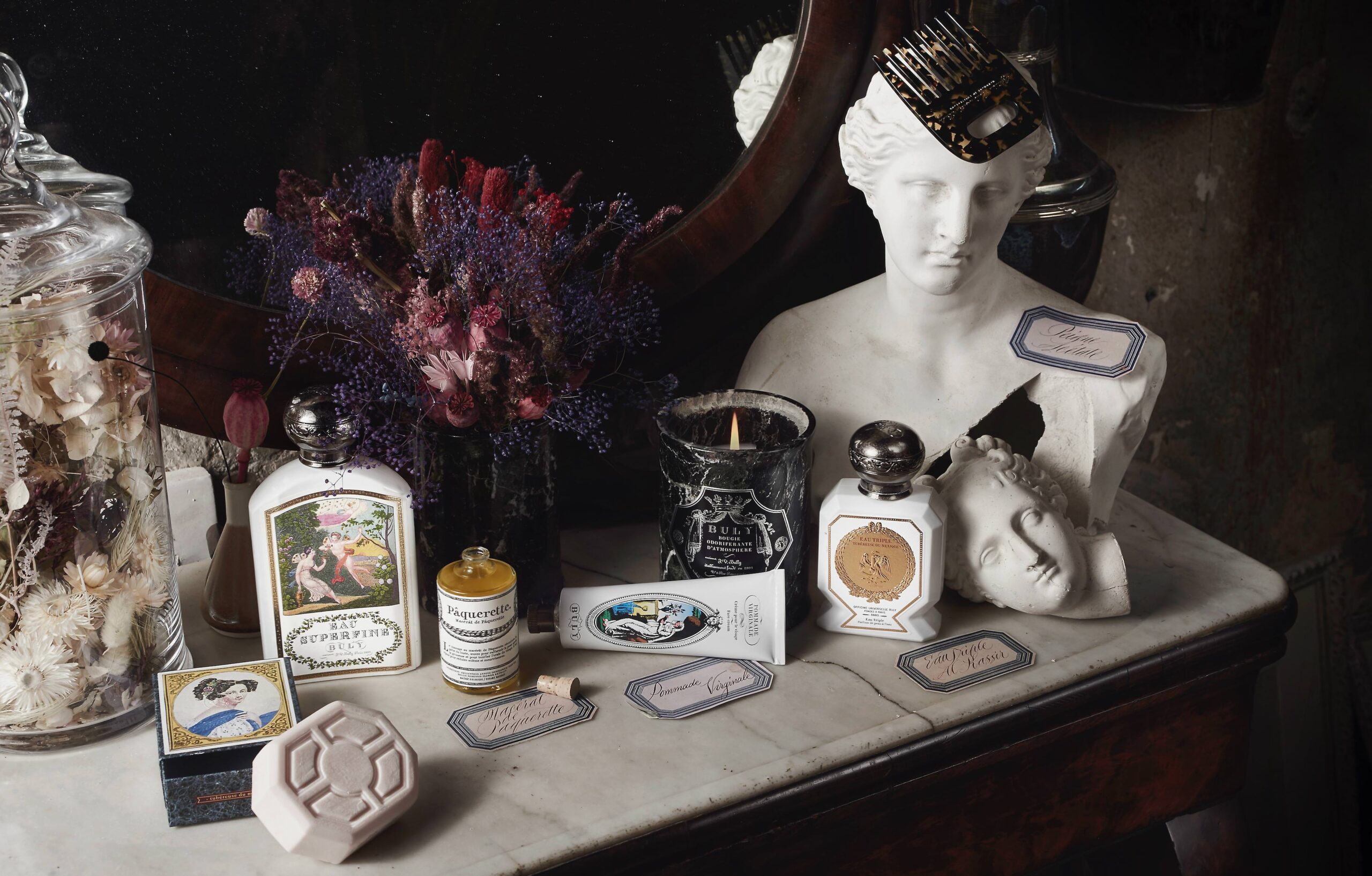
Eschewing contemporary gestures toward minimalism, Officine Buly 1803 adorns its products with ornate mythological and natural motifs, using glass, ceramics, and even personalizable leather.
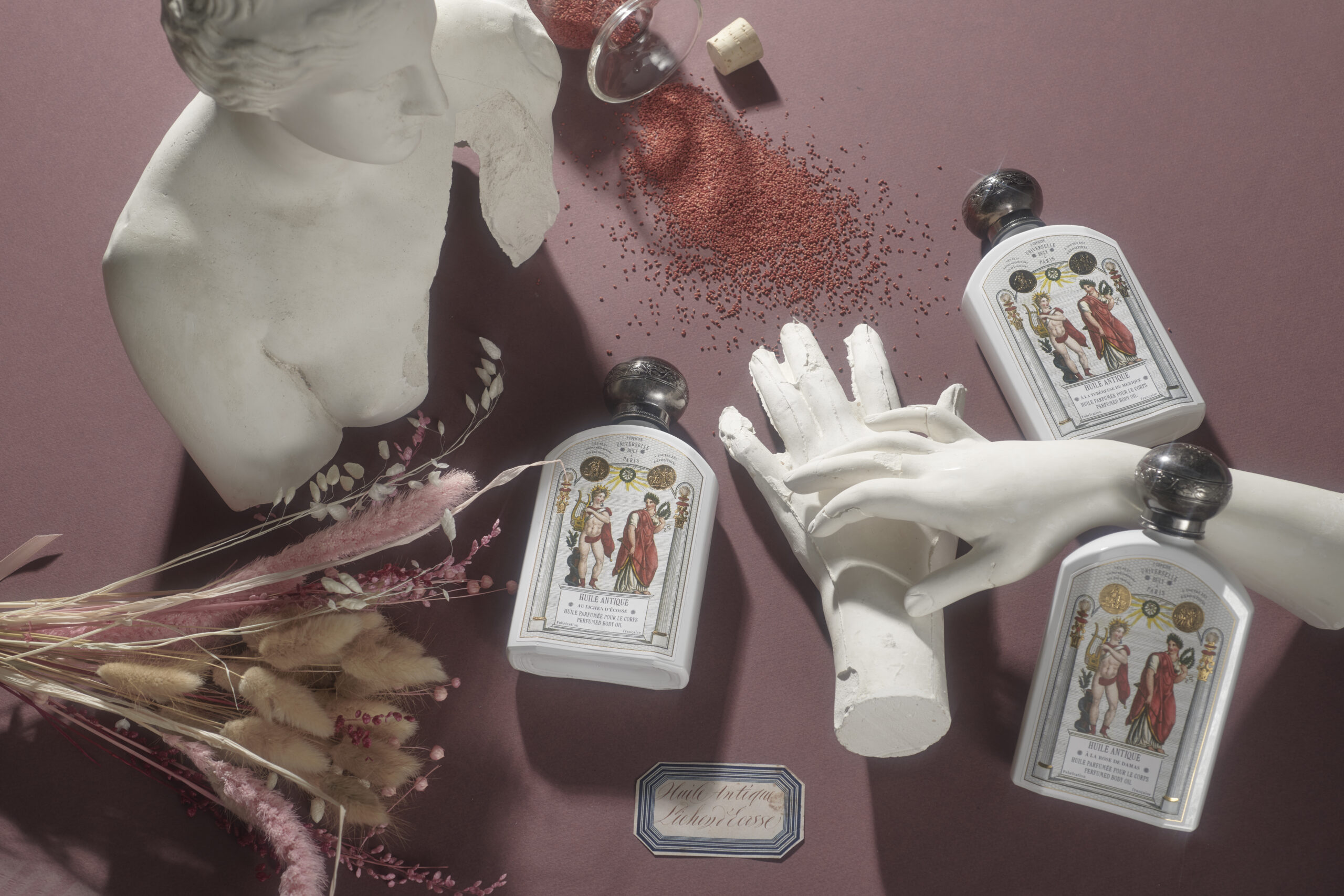
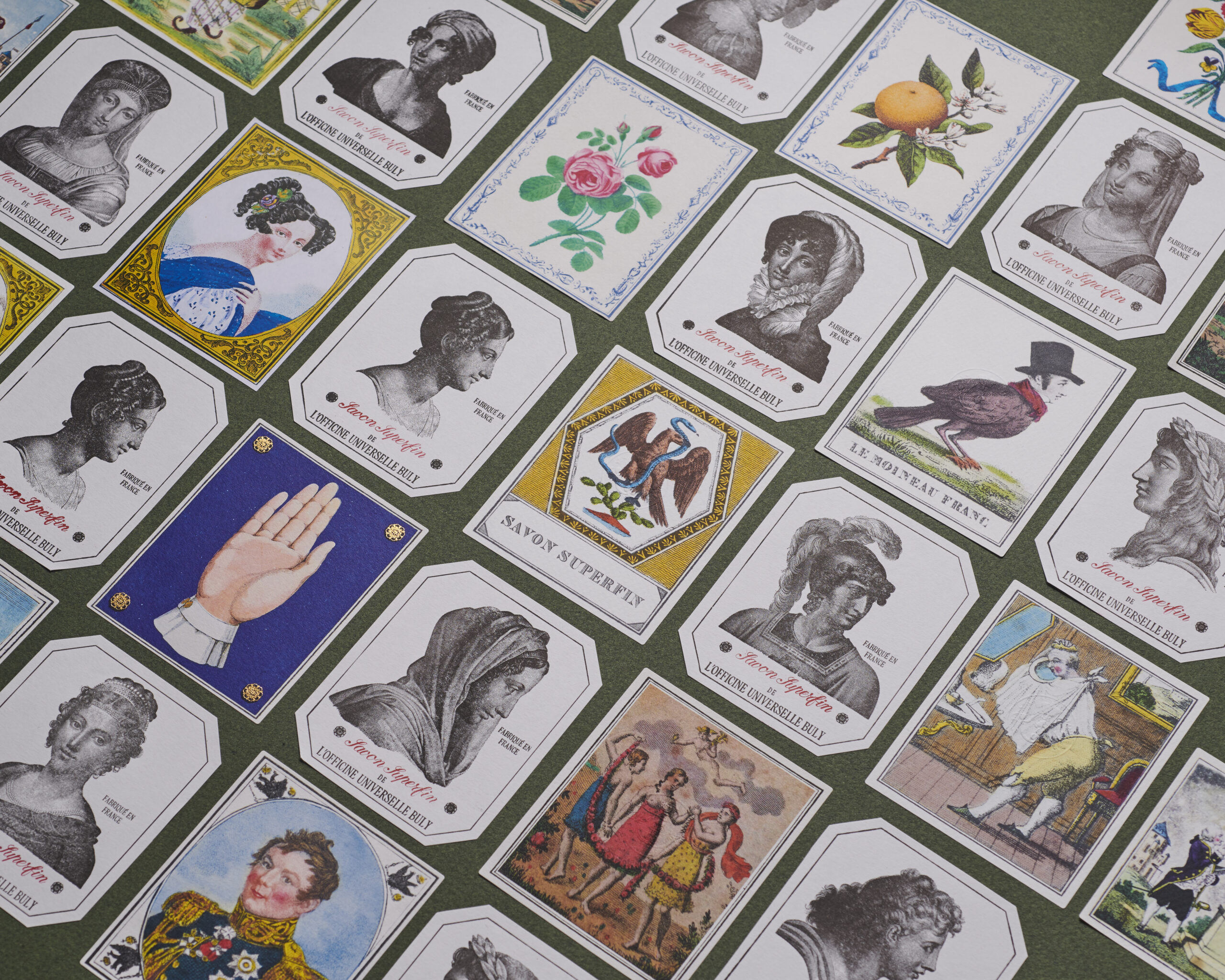
There are exceptions—Officine Universelle Buly 1803 is one such outlier. The Paris-based apothecary has amassed a cult following for its quirky products and beautifully scented curiosities that line its stores’ handsome glass cabinets and veined-marble countertops. The herbal tinctures, mineralized powders, purifying clays, and moisturizing pastes for hair, skin, and body look charming (ancient, in fact) but are thoroughly modern in formulation. Products are created in a French laboratory with ingredients sourced throughout the world, including Japan, Switzerland, and Brazil. A trip to the 33 elegantly outfitted, walnut-panelled shops around the globe feels more like an archeological dig for rare artifacts than your typical beauty haul from the internet.
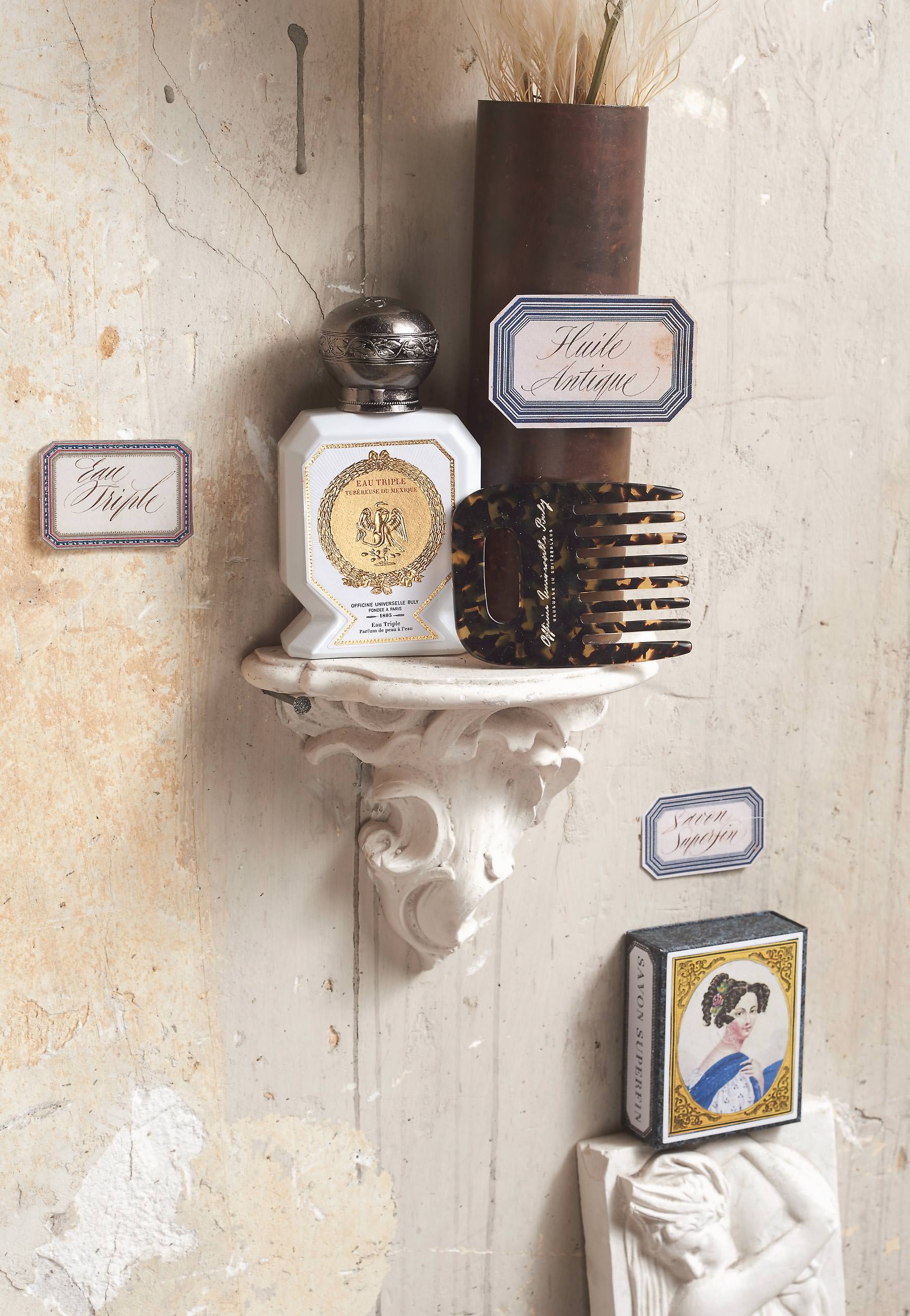
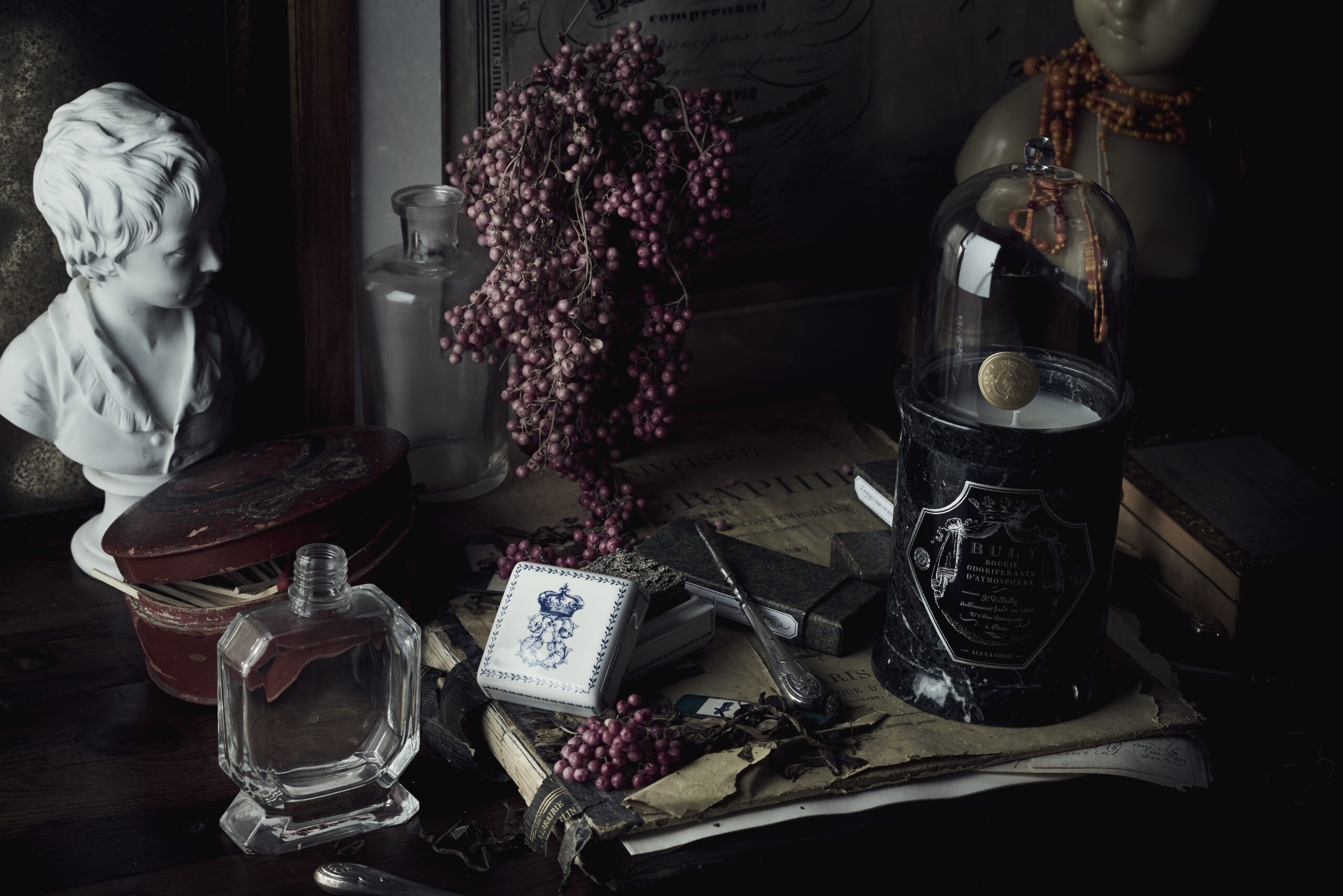
Co-founders Ramdane Touhami and Victoire de Taillac have a knack for creating immersive atmospheres that transport you from the everyday. “Like every great storyteller, you never want your audience to be disappointed or bored,” Touhami says in The Beauty of Time Travel (gestalten), the recently published book about Buly’s rise. The couple met in 1997 while Touhami was running L’Épicerie, one of the first French concept stores, and de Taillac headed public relations for Colette, the high-end Parisian-cool boutique that shuttered in 2017. De Taillac descends from a famously old family in France—one of her ancestors served as inspiration for Porthos in Alexandre Dumas’ 1844 novel The Three Musketeers. Touhami was raised by French-Moroccan parents in Montauban in southwest France. His mother worked as a keeper of a 19th-century manor, while his father took care of the farm on the surrounding estate. The only beauty concoctions Touhami encountered in his youth were the natural ones made by his mother. “My mom never liked chemical products so she used rhassoul clays or argan oil on my skin,” he remembers. “I was super jealous of my friends, who all smelled of synthetic perfumes while I smelled like mud.”
In 2005, Touhami was asked to shake up Cire Trudon, France’s storied 17th-century candlemaker that once produced orders for the country’s royal families and churches but sadly couldn’t keep up with the times. But Touhami was intrigued by the brand. “I was interested in the fact that Trudon has been a part of our society for nearly 380 years,” he says. He wanted to preserve the heritage while also creating candles that didn’t previously exist. In 2007, he relaunched the brand with offerings that evoked scented journeys—to the gardens of Versailles, the souks of Morocco, an old library in Paris—a novel concept at the time. Touhami also developed new ways of inserting cotton wicks and pouring molten wax into glass vessels. The revamped candles were a hit. “I didn’t change the product per se, which fundamentally remained a candle,” he says, “but I changed the way people experienced the candle.”
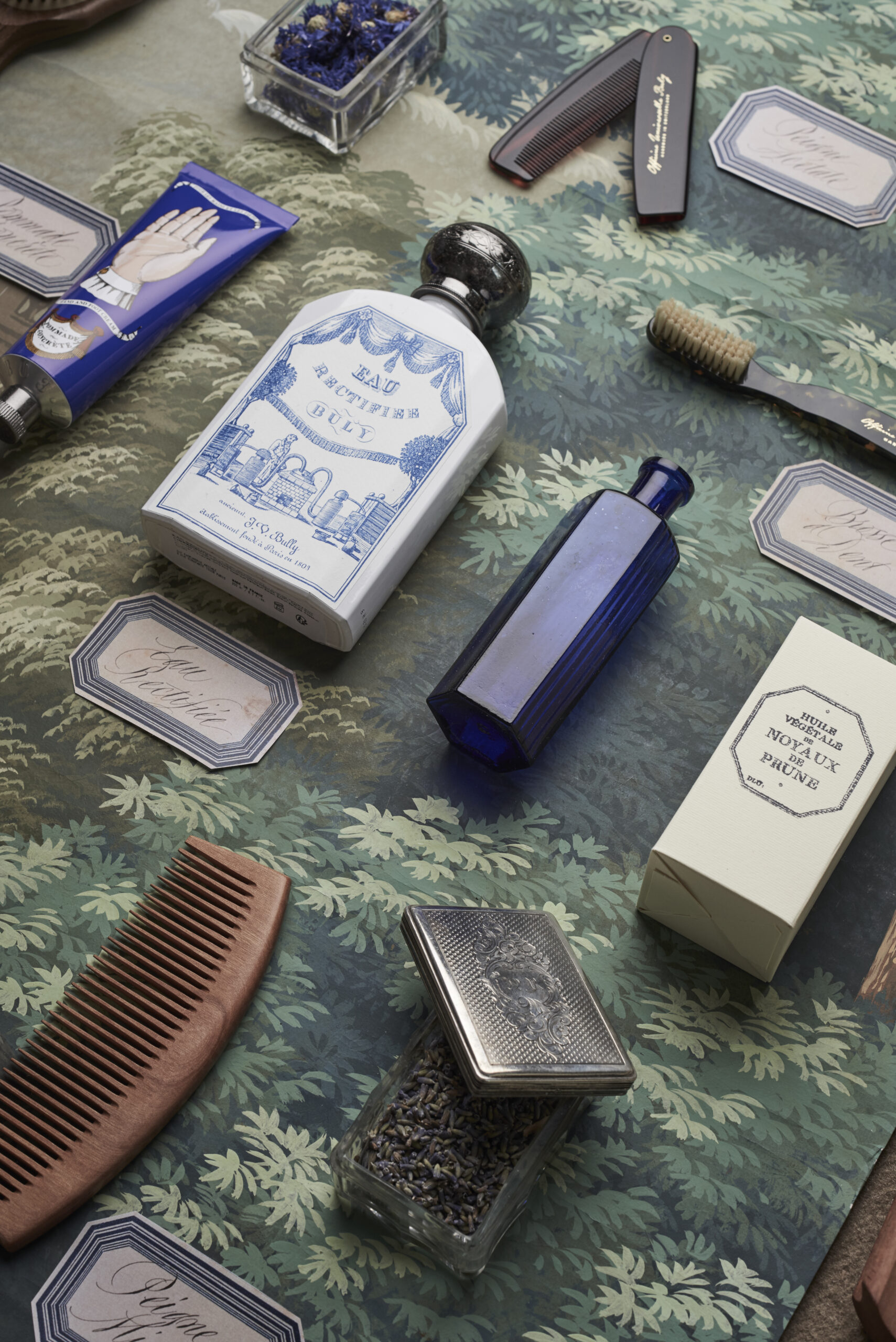
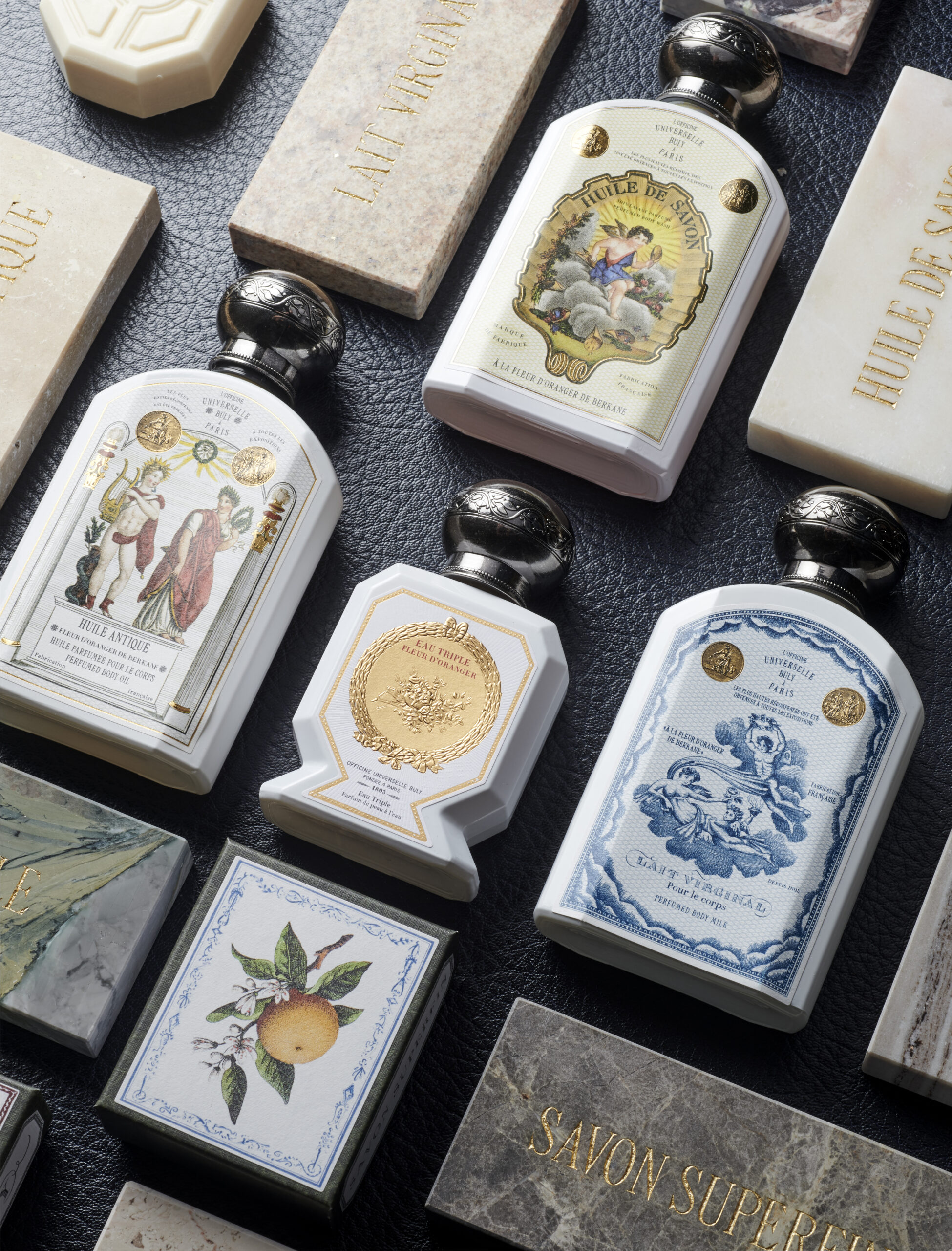
Seven years later, Touhami travelled back in time once again, finding inspiration in the past for Officine Universelle Buly 1803. The apothecary is named after Jean-Vincent Bully, a 19th-century perfumer who patented a recipe for vinaigre de toilette, a vinegar-based fragrance. Initially only available to upper society, it transformed beauty care in the early 19th century. When, during the revolution of 1830, mobs ransacked Paris, raiding Bully’s store on Rue Saint-Honoré, he lost his entire inventory. Ruined, Bully was forced to sell the rights to his famous recipe and never fully recouped his financial losses or place in society.
If Bully sounds like a character in a Balzac novel, he is—perhaps. The perfumer is said to be the inspiration for César Birotteau in Honoré de Balzac’s 1837 novel of the same name, although Birotteau loses his fortune through reckless choices and bad investments. The tale, however, stirred something in Touhami. “I was very inspired by the story,” he says. “I wanted it to continue, to see what happens next.”
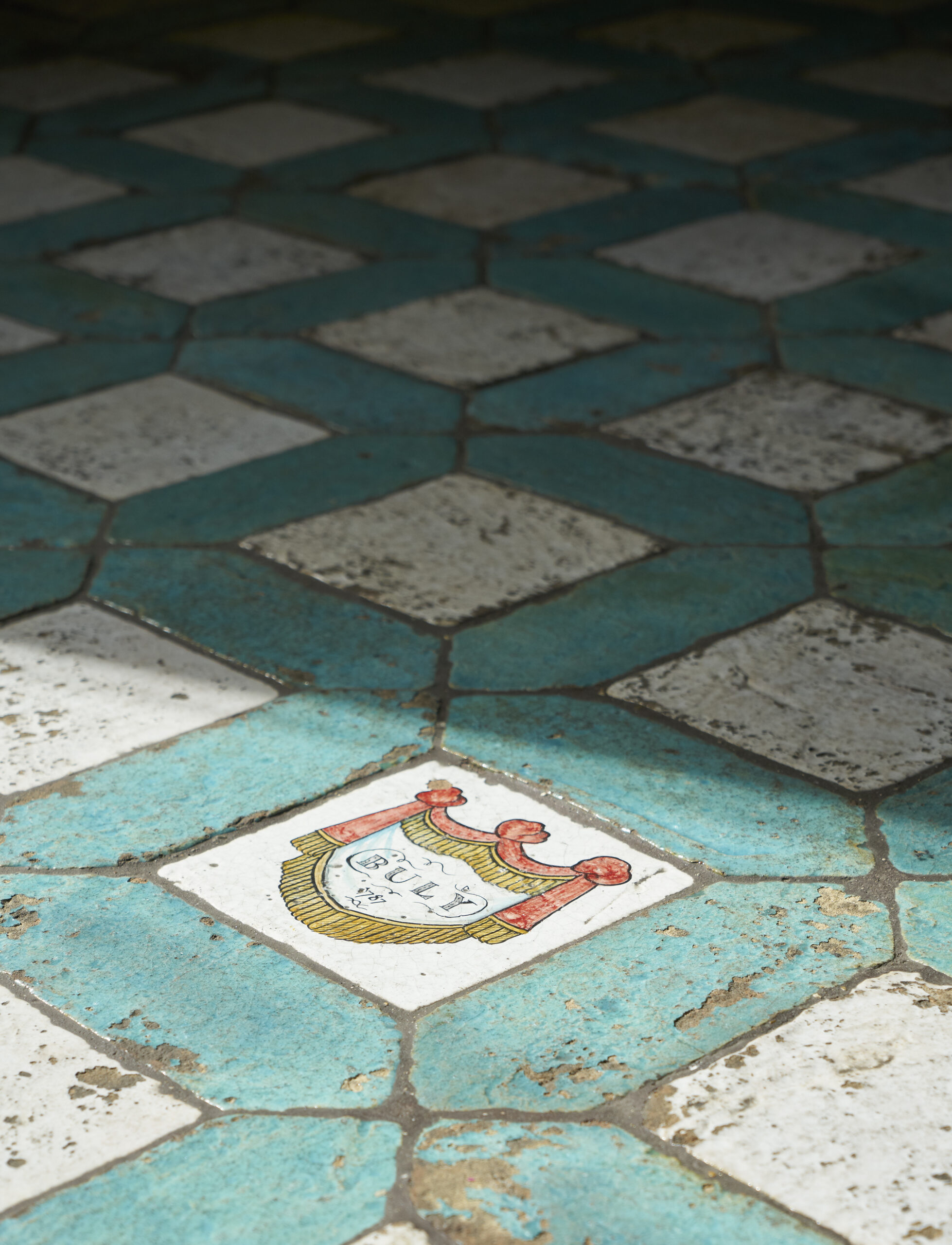
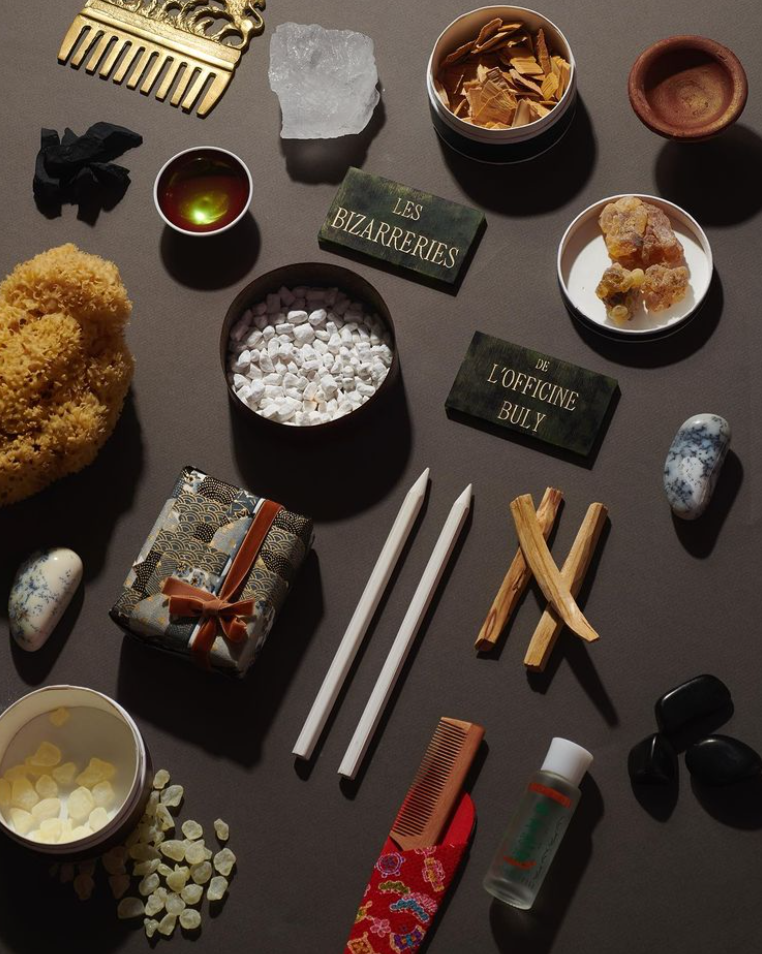
In 2014, Touhami and de Taillac opened a shop at 6 Rue Bonaparte on the Left Bank. While Bully’s original pharmacy-style perfumery only sold perfumes, Touhami and de Taillac had a grander vision for the new-old Buly—they wanted to create an enchanting universe “inspired by the excellence and virtues of the past.” They would use safe ingredients to modernize time-honoured recipes, legendary products, and simple, efficient hygiene solutions from around the world. Fittingly, Touhami and de Taillac are avid travellers, which fuels their creativity and Buly’s anthology-like product assortment.
Some of their finds are included in Huile Antique, scented body oil that recalls the plant oils and macerations of ancient Greece; Pommade Virginale, a face moisturizer with hydrating sesame oil; and Baume des Muses, a botanical lip balm in a vegan leather case that can be embossed with your initials. To tame unruly hair, the exquisite Shikotsuko combs are made from wood and polished with camellia oil to help condition strands. And don’t miss the Opiat Dentaire toothpaste, flavoured with Montauban apple to freshen your mouth (if that doesn’t do the trick, try the copper tongue scraper).
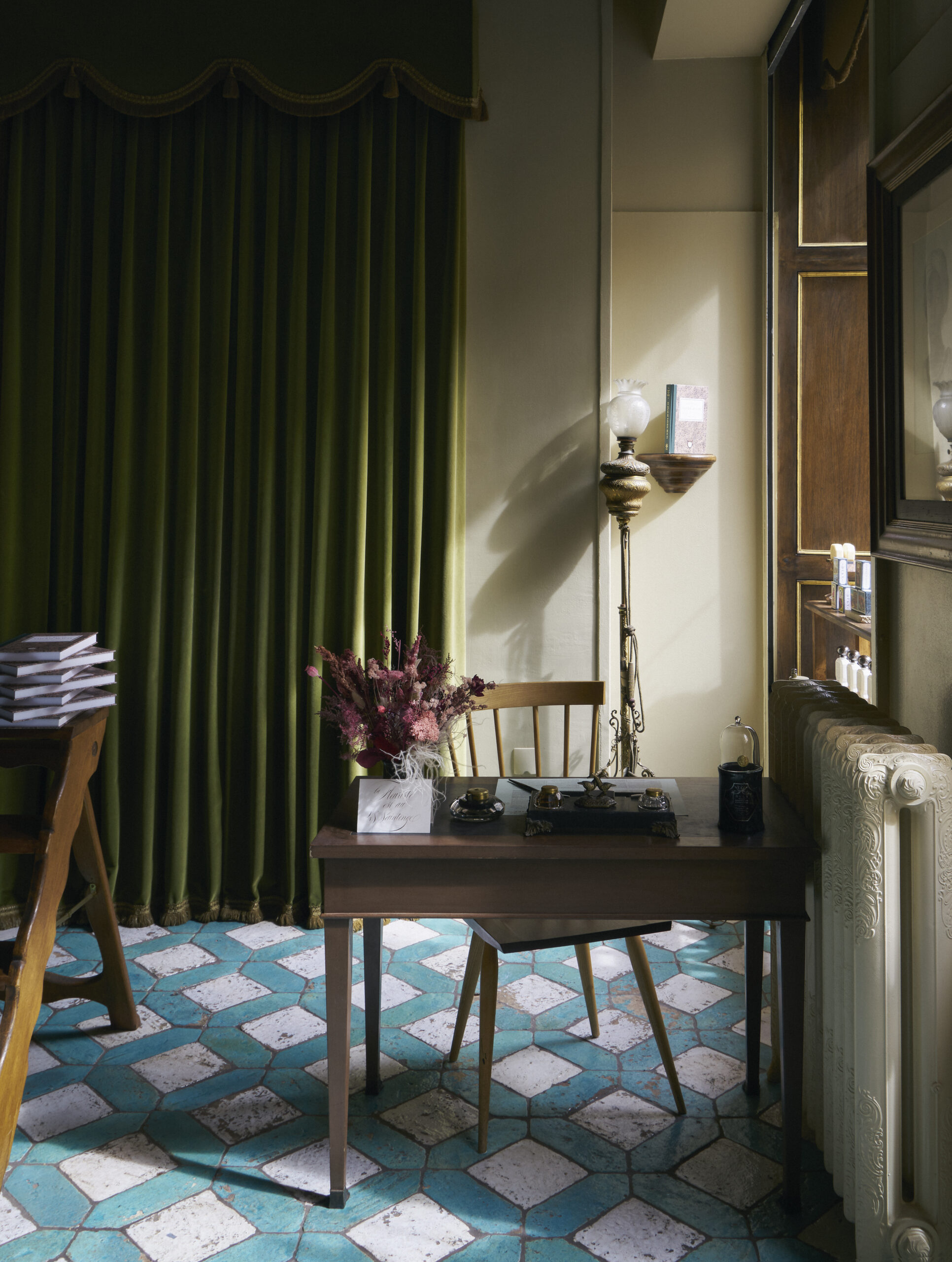
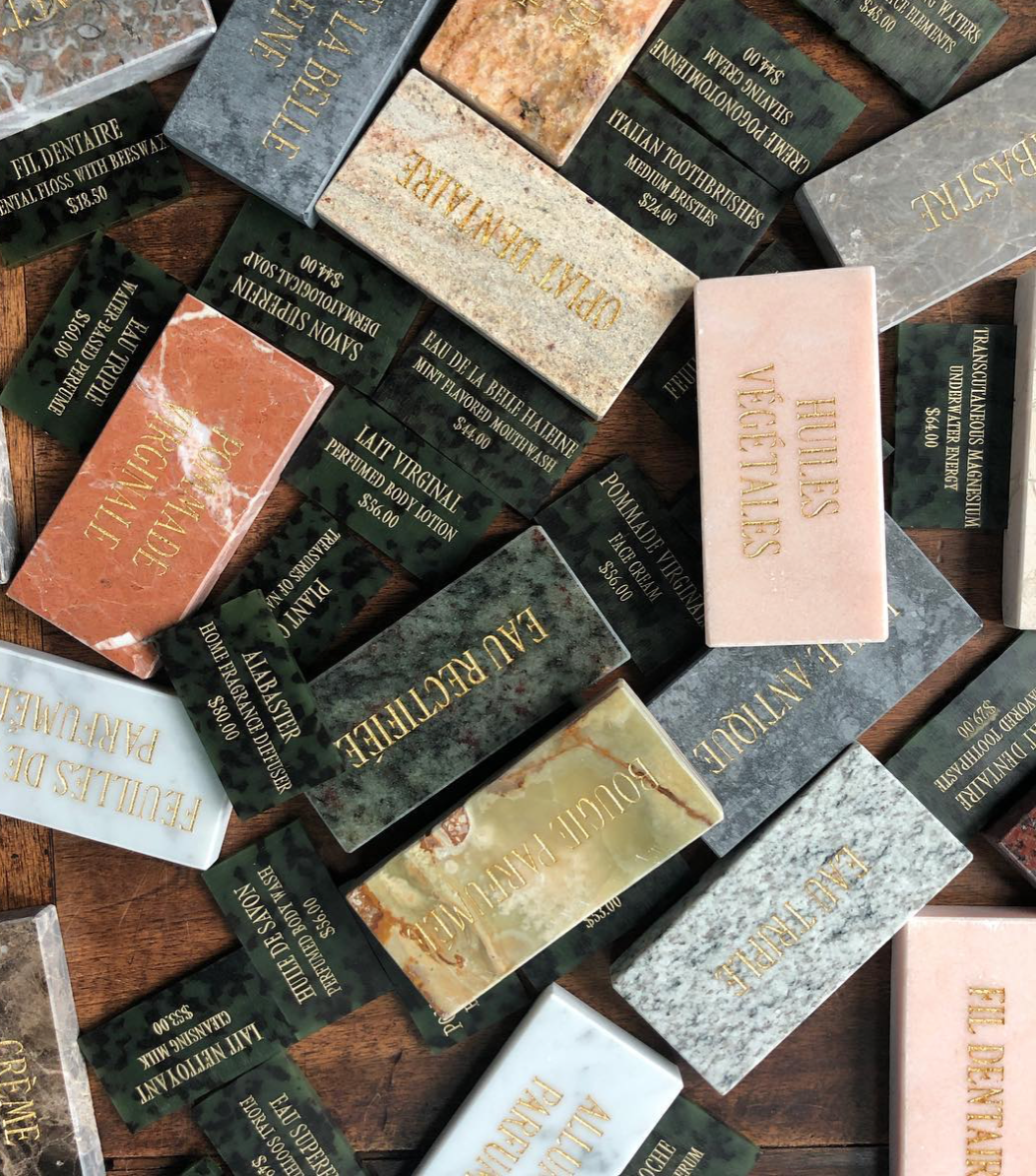
Bully’s scented vinegars no longer exist, but there are beautiful water-based perfumes, alcohol-free and with scents such as Peruvian heliotrope, Scottish lichen, or damask rose, a favourite of de Taillac’s. In addition to the ready-made goods, there are raw oils, powders, and acids you can blend to prepare your own formulas—a nod to Touhami’s mother’s homespun recipes. Surprisingly, Touhami doesn’t actually use Buly products, except for the Crème Pogonotomienne, a skin-soothing shaving cream enriched with sweet almond oil, and Savon Superfin. “I don’t like smelling of things,” Touhami says of his pared-down beauty routine. “But I love all Buly products.”
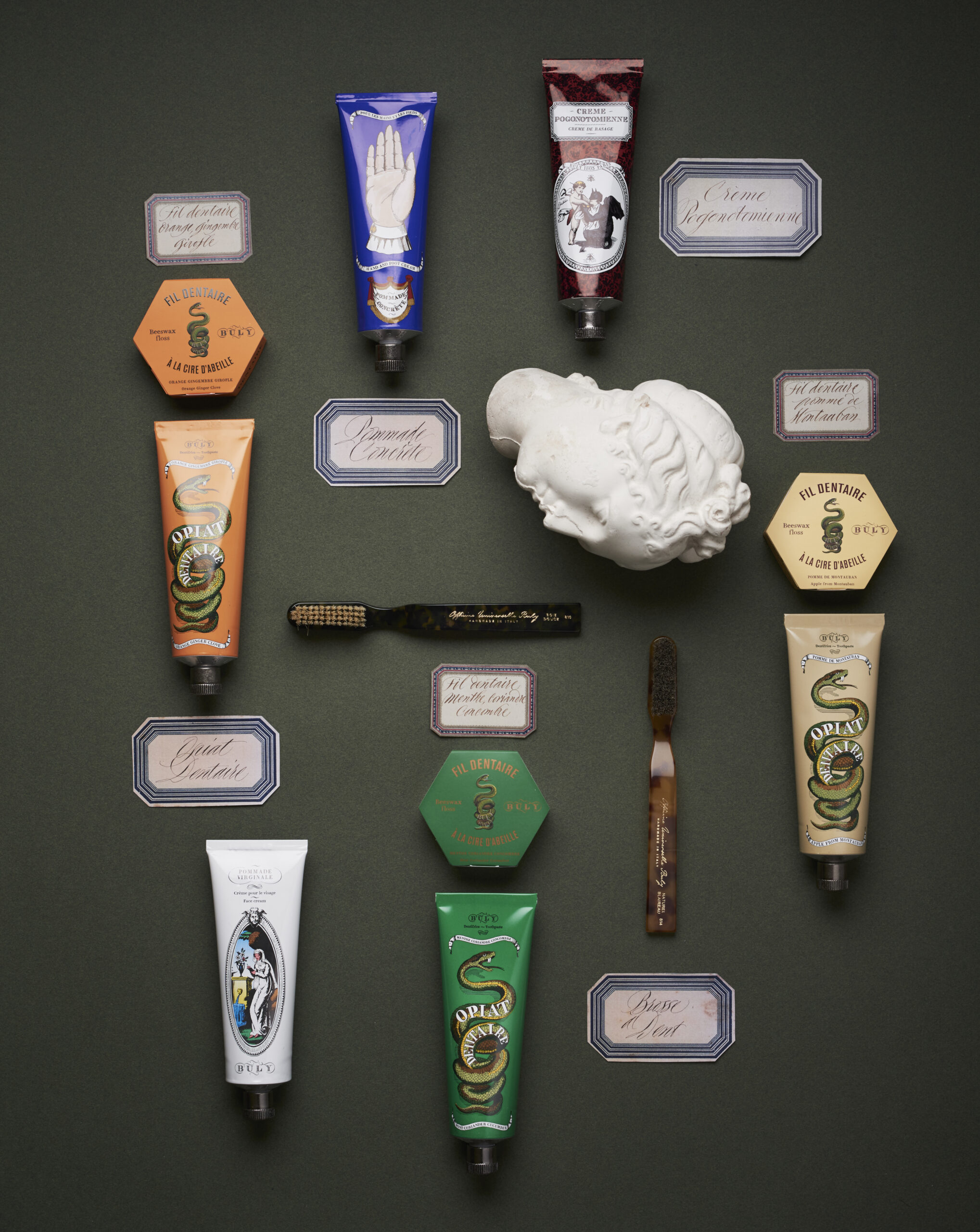
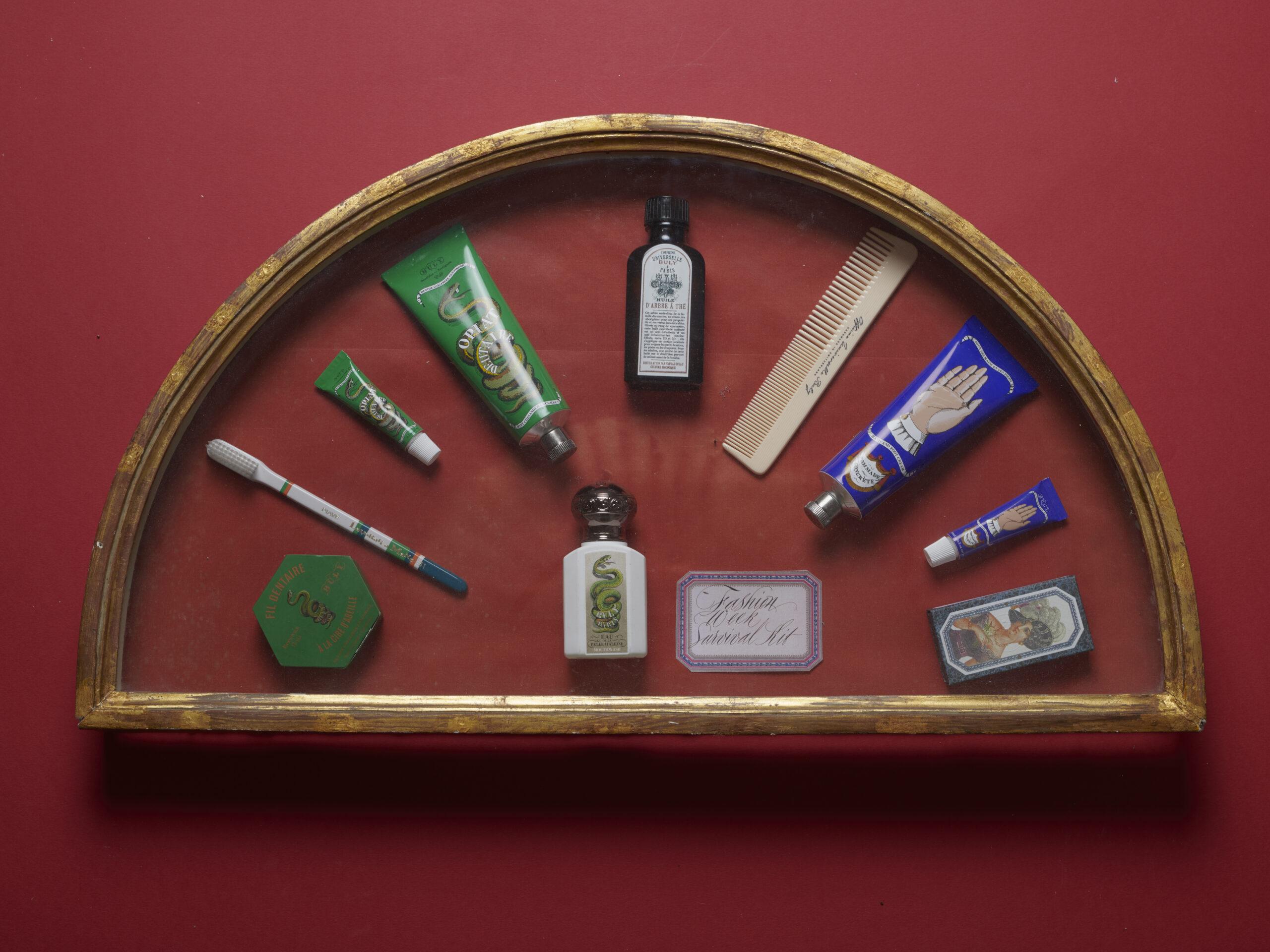
The best way to experience Buly is by visiting the shops—in Paris, Tokyo, London, and Taipei, to name a few. Some devotees make annual pilgrimages to stock up on the perfumed soaps, rosewater facial toner, and Byzantine incense pebbles. Every shop is unique to the city where it’s located but has a French-pharmacy feel, detailed with antique faucets, polished-walnut cabinetry, chemist bottles, flasks, and ceramic and glass jars. The packaging is illustrated with drawings that are mystical and medicinal in nature, and there’s a calligrapher on hand who can monogram labels and packages for gifts. It’s a chic way to put your personal stamp, which feels old-fashioned yet modern at the same time—and perfectly sums up the essence of Buly and Touhami’s vision. “I have one foot in the present and the other in the past,” he says.
Photography provided by Officine Universelle Buly 1803

